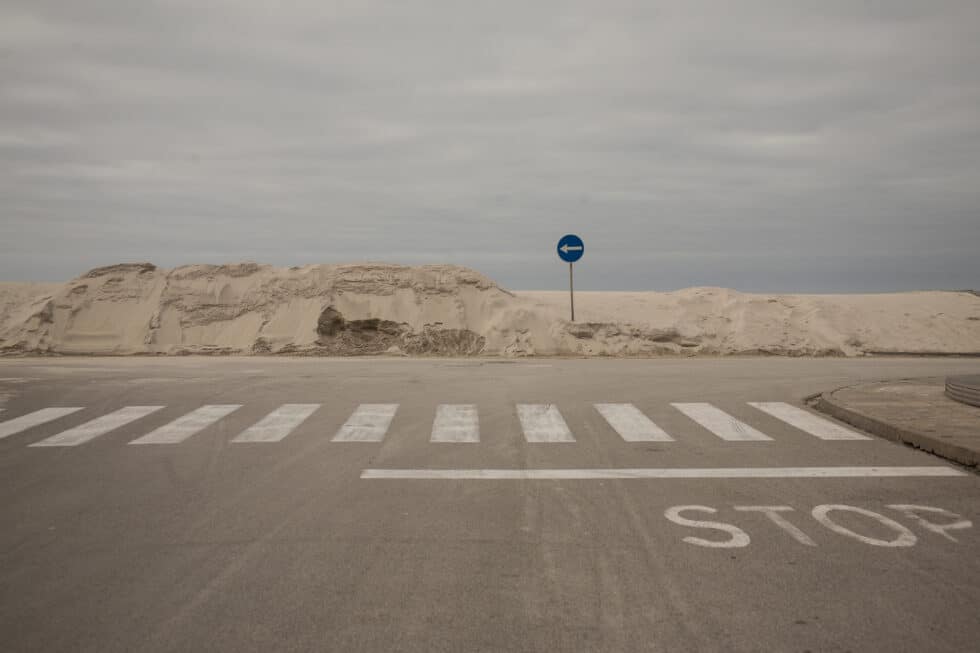We have been following the major topic of Open Banking in our blog in various podcasts and articles long before PSD2 came into force. We are also continuously dealing with the topic in interviews. Now a large further chapter has been closed for the time being with a BGH defeat of the German banking associations against the cartel office.
A dispute that laid one of the essential foundations of the PSD2. A brief look back into history in the hope that we will learn from the structural errors in the future.
A brief look at the German Open Banking/PSD2 history
As is well known, German banks and Sparkassen have been an early innovator of the Open Banking approach since the 1980s with the FinTS/HBCI interface as the successor of Banking in the screen text (BTX), thus setting an international example.
A broad ecosystem of value-added applications around the actual banking was thus made possible and promoted for many years. The basic prerequisite over the decades was that the online banking access data in the third-party applications was entered by the customers themselves.
This fact, however, partly violated the general terms and conditions of the institutions. Customers should not pass on their access data to third parties. Both users, third-party providers and the banks themselves, however, tolerated precisely this passing on of access data to third parties for many years.
„Banks and savings banks even encouraged customers to violate the general terms and conditions by even allowing third-party credit institutions to enter access data in their own multibank-capable banking apps and programs.
Sofortüberweisung vs. German banking associations: David against Goliath
In the middle of the 2000s, however, an unpleasant „troublemaker“ pushed into this ecosystem. With the young startup Sofortüberweisung (taken over from Klarna in 2013 for $150 million), a new online payment provider was established from around 2005 onwards, which had entered into direct competition with Giropay, which had been launched by banks at about the same time.
Sofortüberweisung is, however, after the initiation of the payment, a thoroughly debatable procedure. They had read significantly more data from the customer’s banking system than was „only“ necessary for the payment transaction. Despite proven product weaknesses of the provider (e.g. no 100% payment guarantee for the merchant, no buyer protection, no security of a regulated provider) Sofortüberweisung gained significant market share and finally overtook the Giropay banking procedure.
From an entrepreneurial point of view, Giropay was actually an ideal situation for the banks and savings banks: They had the higher confidence, product advantages, no chronic start-up financing problems and the market proved that there was a strong demand for such a product. Even Paypal took instant bank transfer seriously at the beginning of the 2010s. So, for an entrepreneur a penalty kick situation in front of an empty goal – all you had to do was play the ball.

But instead of kicking, i.e. reacting entrepreneurially to this challenge and strengthening Giropay, the small start-up was instead dragged to court and sued. Reason for the complaint: The company encourages customers to violate the banks‘ terms and conditions. A practice which, as mentioned above, was done by several other providers, other clones of Instant anyway and partly by the banks themselves.
The rest is history. The founders of Sofortüberweisung started a classic „David against Goliath“ story and sought allies against the banking association Goliaths. So, given the situation, who didn’t muster up a little sympathy for the underdog who was fighting back? Both in Germany at the Cartel Office and in Brussels, the start-up entrepreneurs from Gauting near Munich found a hearing.
The German Cartel Office first put the German banking associations in their place, the PSD2 was defined in Brussels and Europe established itself worldwide as an innovator in open banking.
In the meantime, Sofort was taken over by Klarna. Despite the obviously politically desired new framework conditions in the context of the years of PSD2 development, the banking associations nevertheless continued to push their view almost stubbornly through all legal instances up to the Federal Supreme Court. There they have now lost their case. It is hard to imagine where the individual banks and Sparkassen would be today, nationally and internationally, if time, money and energy had not been invested in legal opinions but in products!
Is the defeat of the Federal Court of Justice a precondition for damages actions?
Even as a benevolent observer, it must be stated that the anti-innovation prevention strategy of the German banking associations has once again failed. The customer was once again completely ignored in the dispute over the small print – but to be fair, one must state that the association officials have no „end customers“ anyway, so why should they take this into account?

It is now unclear how Klarna, as the legal successor to the defendant, will deal with the Federal Court of Justice ruling. How big could Sofortüberweisung have become without the many public warnings that users would incur liability by passing on online banking data? So how high is the loss of profits? The same calculation could be made by investors in the company. Either way, the German banking industry is left with a serious corridor loss. How much further would banks and Sparkassen be in open banking and payment? What would the market position be compared to PayPal?
Here again, entrepreneurial action beats committee work, politics and lobbying. Associations are not and will not become entrepreneurs, not in the banking industry nor in other industries. Only the banking associations, despite all the various historical „successes„, somehow see things differently and continue to build or take responsibility for payment traffic products. As a former banker rightly noted on Twitter in this context: „There are no entrepreneurs in associations! Or do BMW, VW, Rewe, Otto, Metro let the VDA or HDE do it?“
What do other colleagues from Payment & Banking think about this sad development?
Kilian Thalhammer
Sad is the wrong word – the question is rather, why something like this takes up to 4 years – and now it is at most still interesting for a few nerds. In the meantime, the market has developed at full speed and ignores such things as „background noise“. Here you have to ask yourself if the courts/legal authorities overestimate its relevance. In the end one has to ask oneself, what is the significance of this expensive discussion for the customer? Probably none. He is simply not interested. So, there remains alibi – and makes sure that we lose time and market. To smart Fintech entrepreneurs from „not Germany“. A great pity – or as you hear from the industry – in 4 years and with the lawyer’s budget you could have built a lot.

Mariam Wohlfarth
I was very surprised and amazed when I read this. Somehow something that I have completely forgotten about. It’s a great pity how much time and money were wasted here. One should face the competition and not try to stop it by complaining.
Maik Klotz
The raised forefinger with which banks for many years unsettled their customers when using alternative online banking software and later apps is now history. The late satisfaction is basically a bitter victory, because in the end what does the verdict help the market? For years, customers have been criminalized for using alternative apps or instant bank transfer. Yet with an open policy and attitude, so much could have been done for the market and the customer. The list of blockades is one point longer, but so is the list of failures of these blockades. It’s just a pity that so much time and energy was wasted at the expense of the customers.
André M. Bajorat
Unfortunately, at some point we took a wrong turn from the path of the technology-driven, courageous pioneers. Instead of using the lead in the sense of customer-oriented digital solutions, we in Germany have been more concerned with defining rules and forcing innovations into crash barriers. In doing so, we did not always correctly anticipate the will of EU policymakers and are now where we are: in the midfield of Open Banking.

Christina Cassala
It shows once again how difficult it is for thick ships to stop their course, change course and enter new destinations into their navigation system. It should have said: Customer focus, market understanding and technological advantage. Once again, it is clear that there is no lack of ideas in Germany, but rather a lack of visionaries who do not insist on their right, but who are willing to think innovatively and close to the market. It’s a pity about the time lost and the resources that could have been better used to set off for new shores with a nose ahead. But isn’t it interesting how little this topic is still discussed in the scene? For the customer, the verdict has long since lost its relevance.



